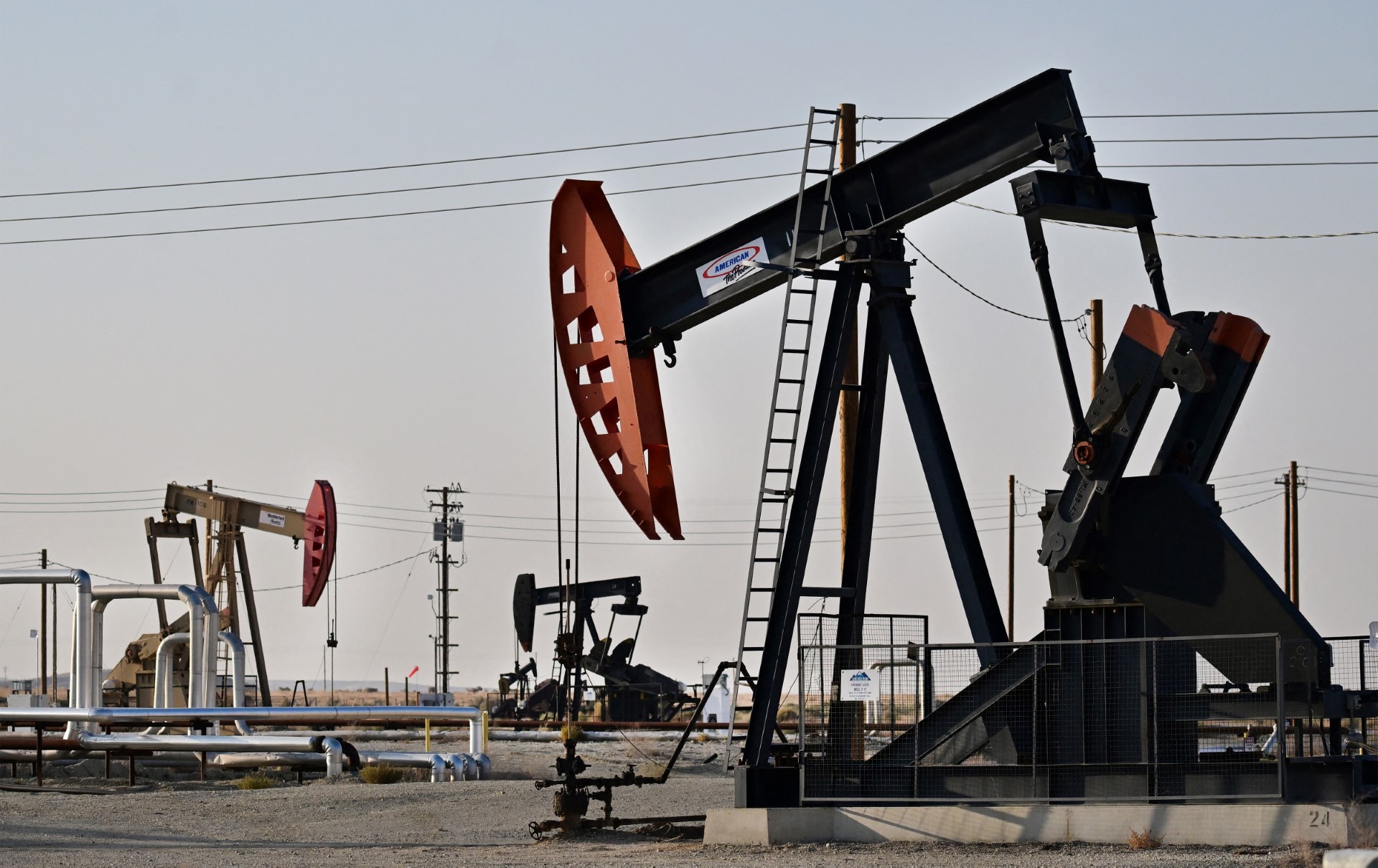London, United Kingdom — Oil prices wobbled and stock markets wavered Monday as traders awaited Tehran’s response to US strikes on Iranian nuclear facilities over the weekend.
US stocks edged higher while European markets retreated and Asian equities were mixed, with markets keeping a close eye on whether Iran will block the crucial Strait of Hormuz, which carries one-fifth of global oil output.
When trading opened on Monday, international benchmark crude contract Brent and US equivalent WTI both jumped more than four percent to hit their highest price since January.
They later dipped briefly into the red and then wobbled, standing down around one percent as European markets closed.
“Will Iran choose to choke off the Strait of Hormuz or not? That is the big question,” said Bjarne Schieldrop, chief commodities analyst at SEB bank.
But, “looking at the oil price this morning it is clear that the oil market doesn’t assign a very high probability of it happening,” he added.
Iran is the world’s ninth-biggest oil-producing country, exporting just under half of the 3.3 million barrels it produces per day.
“The prevailing view appears to be that the US involvement will prove limited militarily, yet effective, by seriously undermining Iran’s nuclear ambitions,” said David Morrison, senior market analyst at Trade Nation.
“Investors are also speculating that Iran’s ability to retaliate has been severely restricted,” he added.
Tensions remained elevated, however, as Iran and Israel intensified attacks on each other on the war’s 11th day.
“The markets are not yet reacting with any degree of panic to the US airstrike on Iran’s nuclear facilities as they await to see how Tehran responds,” said AJ Bell investment director Russ Mould.
Wall Street stocks opened slightly lower, but then managed to push into the green.
In Europe, sentiment on the Paris and Frankfurt stock markets was hit by a closely watched survey that showed eurozone business activity was almost stagnant again in June.
London’s stock exchange was lower with shares in airlines, including EasyJet and British Airways-owner IAG, suffering losses on fears of rising energy costs and disruptions in travel to the Middle East.
In Asia, Tokyo was lower while Hong Kong and Shanghai gained.
“So far, satellite images reportedly suggest that oil continues to flow through the Strait, which may explain the muted market reaction to the news,” said Ipek Ozkardeskaya, senior analyst at Swissquote Bank.
She added that there is optimism that Iran will avoid full-blown retaliation “to prevent its own oil facilities from becoming targets and to avoid a widening conflict that could hurt China — its biggest oil customer.”
But “if things get uglier” the price of US crude could even spike beyond $100 per barrel, she said. Brent was trading at above $77 per barrel on Monday while WTI was around $74.
The dollar gave up gains against the euro and pound after a US Federal Reserve official said she would support cutting interest rates at next month’s meeting if inflation holds steady.
The market currently expects the Fed to resume cutting interest rates in September.








